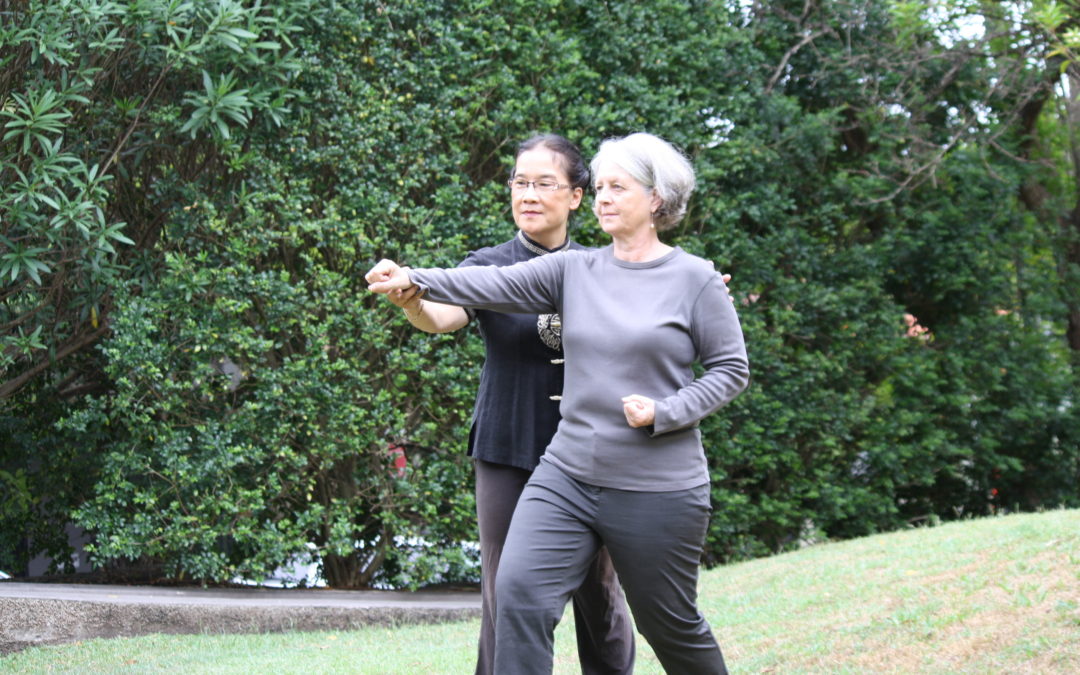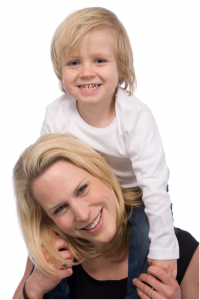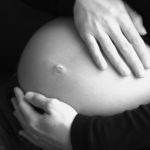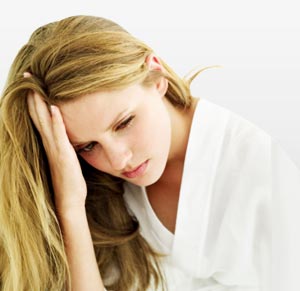
Stages of Women’s health
Women have four special stages in life:
1.Puberty,
2.Menstruation,
3.Pregnancy and birth,
4.Menopause.
In Chinese medicine, we say the blood carries the energy that we need, and our energy moves the blood. So, with healthy energy and blood flow, it makes the four stages easier.
But most people don’t think about this.
Women’s mental health can be linked to blood and energy flow in these four stages.
Puberty
In puberty, when the blood starts to flow, it indicates a change in your body and your moods.
Menstruation
When you have a difficult period, then your energy doesn’t flow freely and can cause PMT.
After Birth
After birth, with blood and energy loss, women can suffer post-natal depression.
Menopause
At the last stage, menopause, means you stop having a period and you no longer have the energy to produce eggs, your body is getting older, and you don’t have enough blood nor energy to get pregnant. That’s a very simple way to explain menopause but it also depends on the previous three stages in your life.
Transitions
The best time to change your mental and physical health is when you are in one of the transitions. For example, you could adopt Qi Gong, change your diet, stop any habits such as heavy drinking, drugs or smoking.
Even with women’s illnesses, such as breast cancer, it has much to do with our energy. When your energy doesn’t flow well, it can lead to stagnation or inflammation that may affect your breasts, uterus or ovaries.
If you have strong energy you can counteract the stagnation and rid yourself of it.
With healthy energy circulation, you can stay well. But if you don’t look after yourself—a bad diet, no exercise or you are negative it may lead to illness.
Mental Health
The same goes for our mental health too. If I feel low or depressed for just one day, it’s not depression. If you are a little bit anxious for some reason, that’s very normal, it doesn’t lead to a mental disorder. It’s only when it is too extreme, or goes on for too long, that it leads to a mental disorder. The quantity changes the quality of your mental and physical health.
Qi Gong For Preventative Wellbeing
Practising Qi Gong assists in changing the quality as a preventative.
Whoever you are, or whatever you do, if you practice Qi Gong, it helps you make better decisions because physically and mentally you are balanced, have a clear mind and more energy.
By practising Qi Gong, it gets you to a balanced state where you make better decisions, not only in your life but about food choices and your habits along with becoming more aware of how those habits affect you.
Daily Tips
Here are some of the daily tips that we can suggest for women:
First of all, be aware of the Dan Tian and your energy when walking or exercising.
There are two other important things for women in modern society: one is to keep warm because your blood and energy circulates more easily and the other is to control your emotions. Healthy energy and blood flow, together, look after the four stages.
Practising Qi Gong helps you become more aware of your wellbeing and your energy levels. By increasing your energy levels other things are going to change as well. When your energy flow improves you are likely to move through the four stages of life with greater ease.






